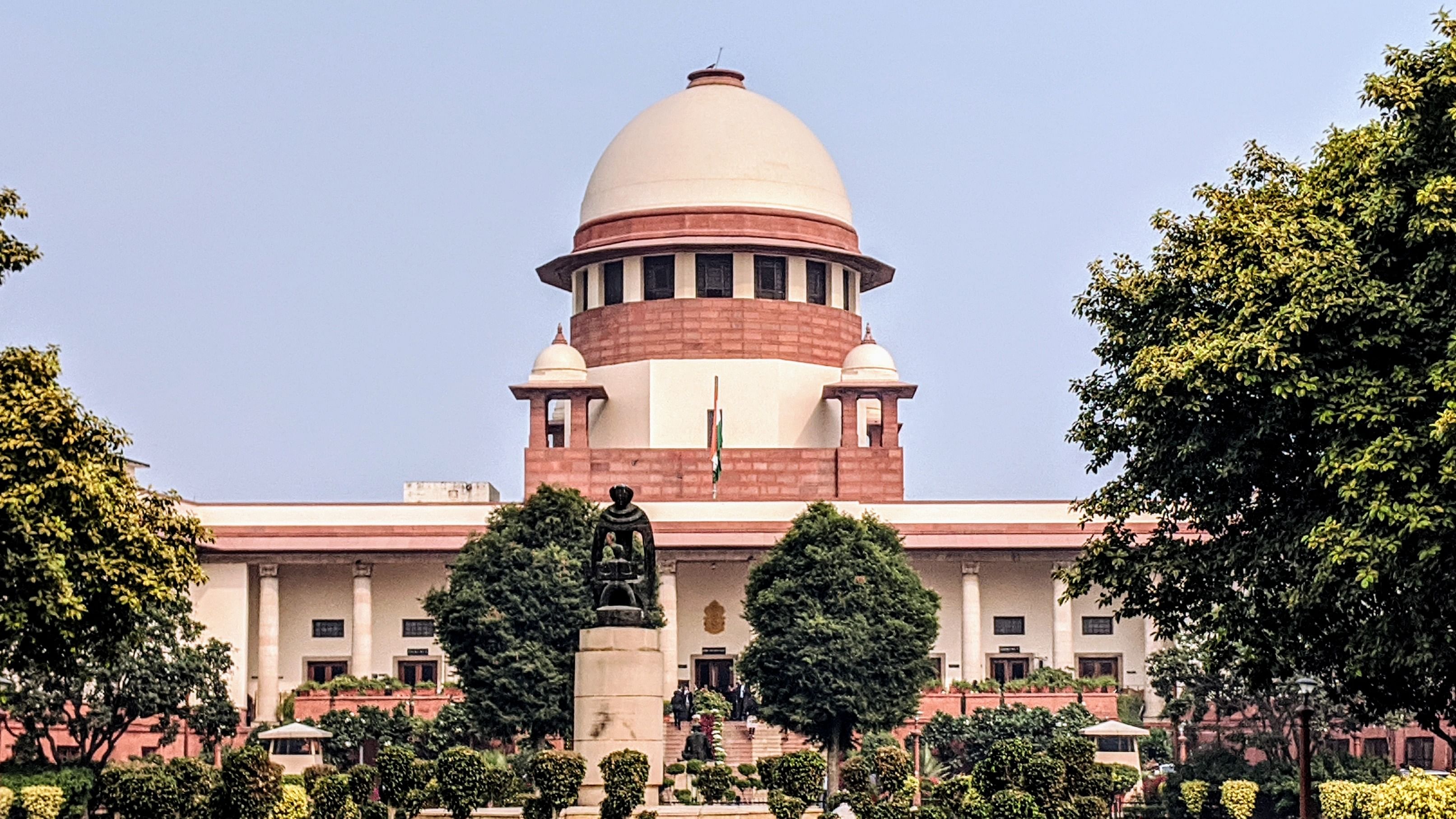
The Supreme Court on Wednesday asked the Centre why it couldn’t convene an all-party meeting, and form a committee, to examine the impact of freebies promised by political parties before the elections to lure voters.
A three-judge bench presided over by Chief Justice N V Ramana, presented the query to Solicitor General Tushar Mehta—representing the Centre—as the Union government supported the public interest litigation filed by Bharatiya Janata Party leader, and advocate, Ashwini Kumar Upadhyay. The BJP leader wanted the apex court to instruct the Election Commission about putting a check on “freebies” because of their impact on the economy, as well as free and fair elections.
Mehta, for his part, said the matter would ultimately come before the court for examination. He also emphasised drawing a line and submitted there were parties that claimed fundamental rights towards it.
Aam Aadmi Party, seeking to intervene in the matter, claimed that it had the fundamental right to free speech under Article 19 of the Constitution, which included the election speeches and promises, Mehta said.
The Solicitor General said the Centre would place all information and statistics connected with the issue before the court.
The bench, also comprising justices Hima Kohli and C T Ravikumar, said “freebies” could destroy the economy, but the issue must be looked at and has to be debated upon, as the court just could not “pass a mandamus”.
The top court also said all political parties must be on board for this, as they were important stakeholders and not individuals.
Senior advocate Vikas Singh, representing the petitioner, suggested that a committee headed by retired CJI R M Lodha and former Comptroller and Auditor General Vinod Rai could be formed to examine the matter.
The Chief Justice, who is set to demit office on August 26, said, “The person who retires or is going to retire has no value in this country.”
Singh said it is the personality of the person concerned that impacts. Singh also submitted that the apex court’s 2013 judgment in Subramanian Balaji vs Government of Tamil Nadu needed to be reconsidered. In that ruling, the apex court had held that promises made by political parties in the election manifesto would not amount to “corrupt practices” as per Section 123 of the Representation of People Act.
In the Balaji case, the top court had also said it could not use its inherent power to frame guidelines, on the lines of Vishakha judgment, to regulate election manifestos and promises made there, as the area had no legislative vacuum.
Similarly, the court also said the Election Commission couldn’t use its plenary power under Article 324 to regulate manifestos.
